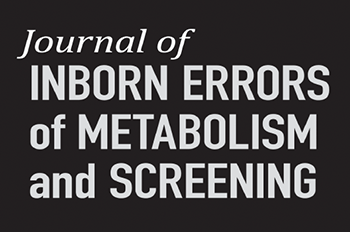Abstract
Major progress occurred in understanding inborn errors of ketone body transport and metabolism between the International Congresses on Inborn Errors of Metabolism in Barcelona (2013) and Rio de Janeiro (2017). These conditions impair either ketogenesis (presenting as episodes of hypoketotic hypoglycemia) or ketolysis (presenting as ketoacidotic episodes); for both groups, immediate intravenous glucose administration is the most critical and (mHGGCS, HMGCS2) effective treatment measure. Ketogenesis Deficiencies: New biomarkers were described for mitochondrial 3-hydroxy-3-methylglutaryl-CoA synthase (mHGGCS, HMGCS2) deficiency. New patient series refined clinical knowledge of 3-hydroxy-3-methylglutaryl-CoA lyase (HGGCL, HMGCL) deficiency. Although affected humans have not been described, two animal model phenotypes are pertinent: zebrafish deficient in monocarboxylate transporter 7 (MCT7, slc16a6) (decreased ketone body exit from hepatocytes) or mice lacking D-3-hydroxy-n-butyrate dehydrogenase (BDH1, BDH1) (isolated hyperacetoacetatemia; fatty liver). Ketolysis Deficiencies: Monocarboxylate transporter 1 (MCT1, SLC16A1) deficiency is a newly described defect of ketone body transport, joining deficiencies of succinyl-CoA:3-oxoacid CoA transferase (SCOT, OXCT1) and methylacetoacetyl-CoA thiolase (MAT, ACAT1). Some heterozygotes for MCT1 or SCOT deficiency develop ketoacidosis.
Keywords
acetoacetic acid; 3-hydroxy-n-butyric acid; acetone; ketogenesis; ketolysis; MCT; SLC; organic aciduria
leucine; isoleucine

